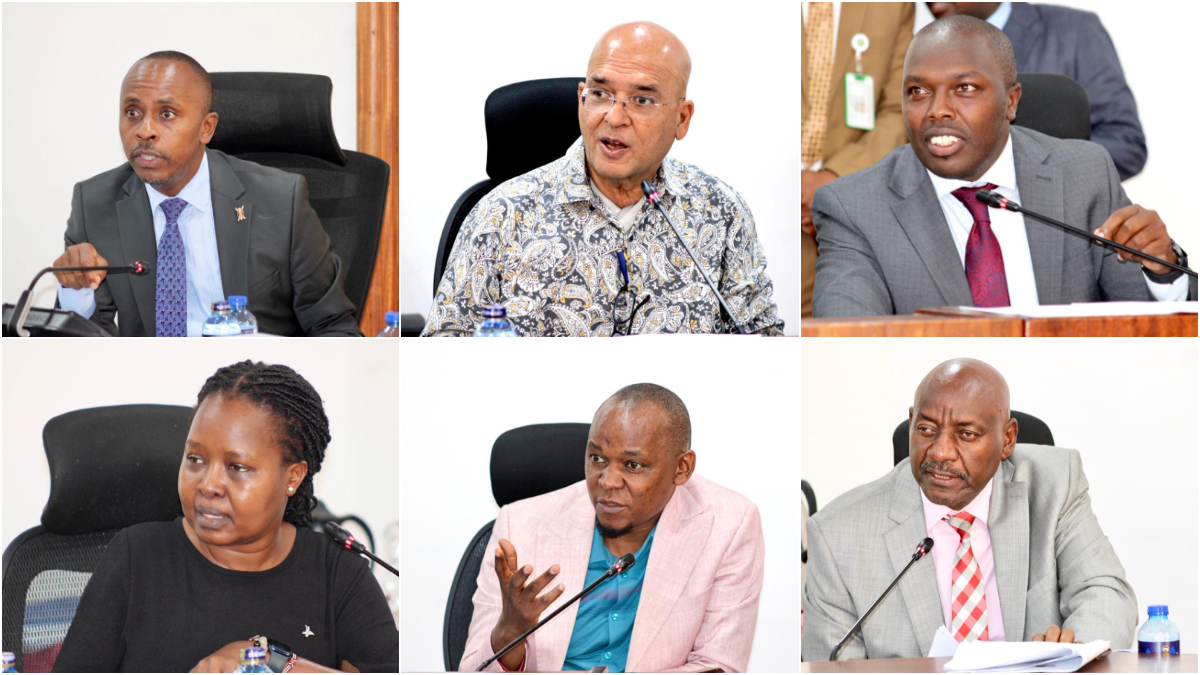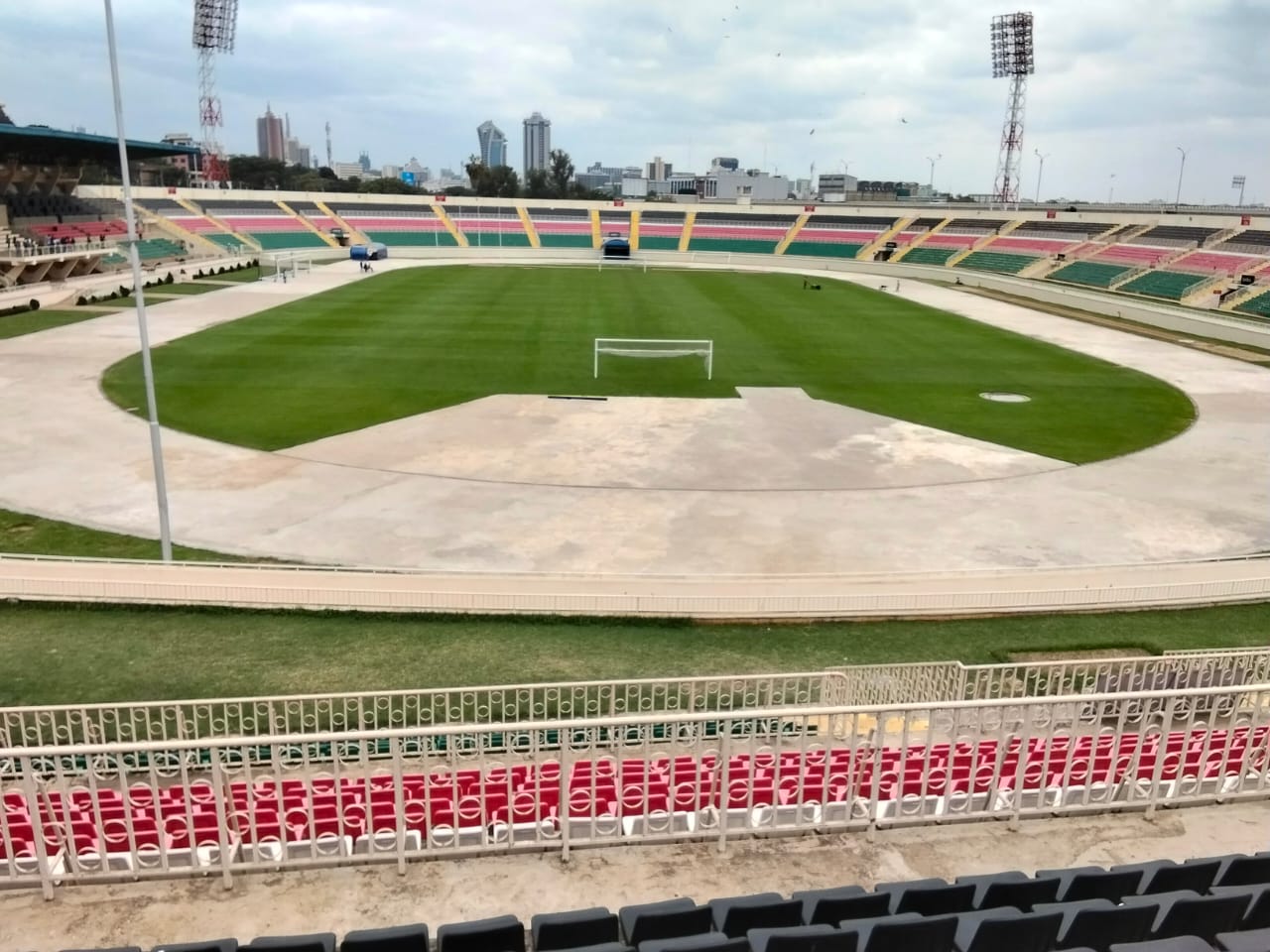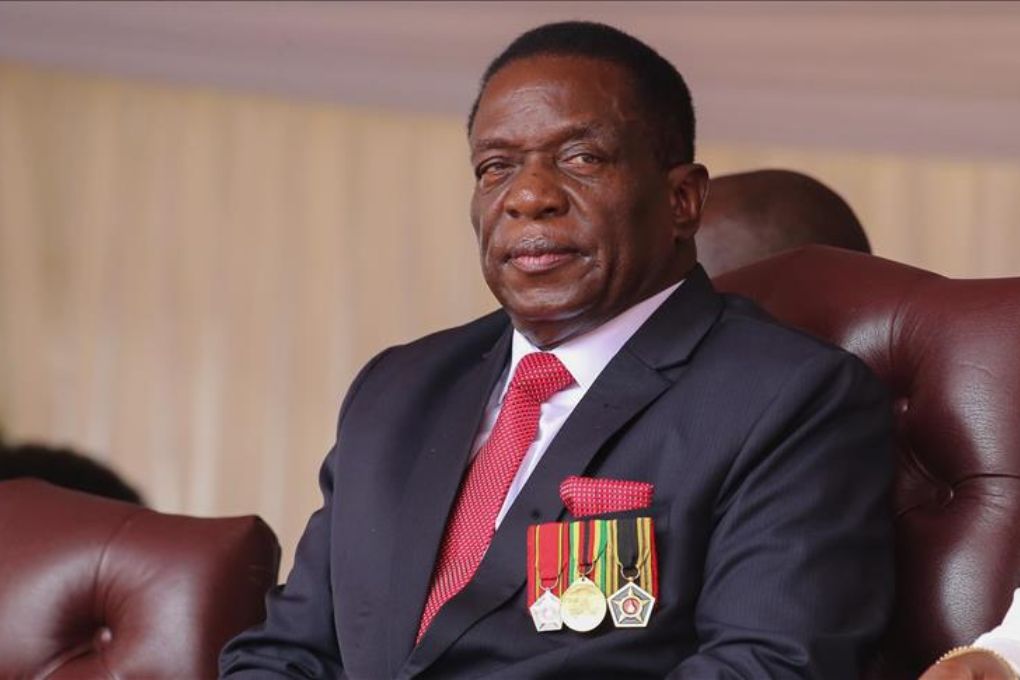Members of the National Assembly’s Departmental Committee on Communication, Information and Innovation (CII) have called for greater accountability, strategic planning, and budget rationalization in the ICT sector following a session with the Ministry of Information, Communications, and the Digital Economy and its affiliated MDAs. The session was convened to review the Budget Estimates for the Financial Year 2025/2026.
Lawmakers questioned the inconsistency in project costing, duplication in funding, low absorption capacity, and inadequate sustainability frameworks, particularly in programs such as Studio Mashinani, digital hubs, public Wi-Fi, and cybersecurity infrastructure.
“You have done 10 Studio Mashinani’s in the last 10 years, and now you want to do two in this financial year. What’s your strategy, or are you just riding on the digital hub agenda?” posed MP Erastus Kivasu. MP Miruka added, “We need itemized costing on the end to end budget of Studio Mashinanis. You have big discrepancies on the costing of the studios and digital hubs. You’re asking for millions with no clarity on output or value.”
The Ministry disclosed that its budget for Studio Mashinani is currently zero, despite earlier projections. A previous quote placed the cost of four studios at KSh40 million, yet a KBC quote came to around 30M.
Committee members challenged the Ministry on its fiscal discipline, citing pending bills amounting to 7.3Billion; Government Advertising Agencies, KSh1.4 billion, including KSh6.9 billion for Postal Corporation Kenya and KSh450 million for IEBC. When the Ministry gave different figures on its debt, the Vice Chair sought clarification.
“How are you going to maneuver around your pending bills? This is Treasury’s data. Who’s telling the truth, you or Treasury?” pressed MP Alfah Miruka, adding that failure to address these liabilities undermines credibility.
Baringo Woman Rep. Florence Jematiah emphasized, “If resources are constrained, the Ministry must learn to prioritize. Zero budgets on presidential directives will hurt government performance and reputation with the public.”
The rollout of 1,400 digital hubs under the BETA Digital Superhighway faced scrutiny over delayed implementation, unclear equipment responsibility, and conflicting mandates between ICTA, Konza Technopolis, and KPLC.
“Why build structures through CDF without a plan for equipping and sustaining them?” asked Kisumu East MP Shakeel Shabbir, questioning the wisdom of infrastructure-led rollout without operational clarity.
In response, ICTA CEO Stanley Kamanguya admitted, “We are behind schedule. However, we’ve resolved disbursement flow issues with KPLC and progress is ongoing.”
Worldcoin data
MPs also called for a status update on compliance with the High Court’s ruling requiring deletion of Kenyan biometric data collected by Worldcoin.
“Where are we on this? Who deletes the data? Is it Worldcoin or the Communications Authority (CA)?” asked MP Gideon Kimaiyo, raising concerns about accountability and verification. MP John Kiarie asked, “How will you ensure data is deleted, how will you verify that World Coin doesn’t utilise the data?”
The Data Protection Commission noted that it held its first review meeting and has received an affidavit from Worldcoin claiming the data was deleted in 2023. Verification is ongoing.
On cyber security, the Committee expressed concern over siloed operations, low investment, and a KSh2.8 billion shortfall in funding. “Cybersecurity must be centralized. Government must stop working in silos,” urged MP John Kiarie. The Ministry assured MPs that a centralized model is being finalized to avoid duplication and enhance national resilience.
Lawmakers criticized the slow pace in connecting remote health facilities to digital infrastructure and the lack of sustainability in public Wi-Fi projects. “We can’t implement Universal Health Coverage without digital connectivity. What are you doing to prioritize this?” asked Hon. Gideon Kimaiyo.
Officials said contractors are on site, and a new model involving Internet Service Providers has been developed to manage and maintain public Wi-Fi networks.
The KDEAP project, co-funded by the World Bank, was cited for poor absorption and administrative delays. “You’ve had the money, but your absorption is too low. Should we reduce your budget?” challenged Hon. Alfah Miruka.
The committee also raised alarm over funding cuts to the Kenya Advanced Institute of Science and Technology (KAIST), warning that such reductions undermine Kenya’s long-term ICT goals.
“With the cuts, KAIST won’t even have enough to recruit one professor per department. CUE can’t accredit a university without faculty. This is a national priority,” said Prof. J. Khamasi
As the CII Committee finalizes its review of the FY 2025/26 budget estimates, MPs insist that strategy, efficiency, and alignment with citizen priorities must guide ICT investments. “We’re not here to rubber-stamp numbers. We want fiscal responsibility, strategic alignment, and real value for the Kenyan people,” concluded Chairperson Hon. John Kiarie.












